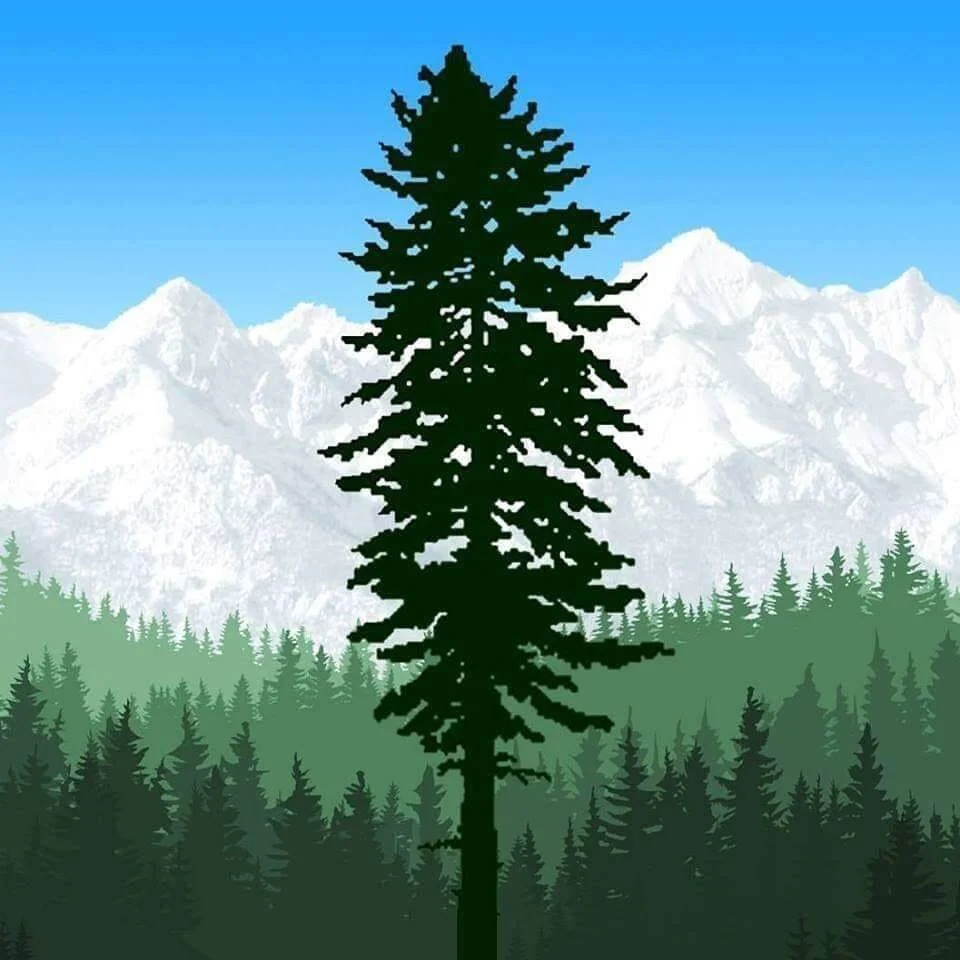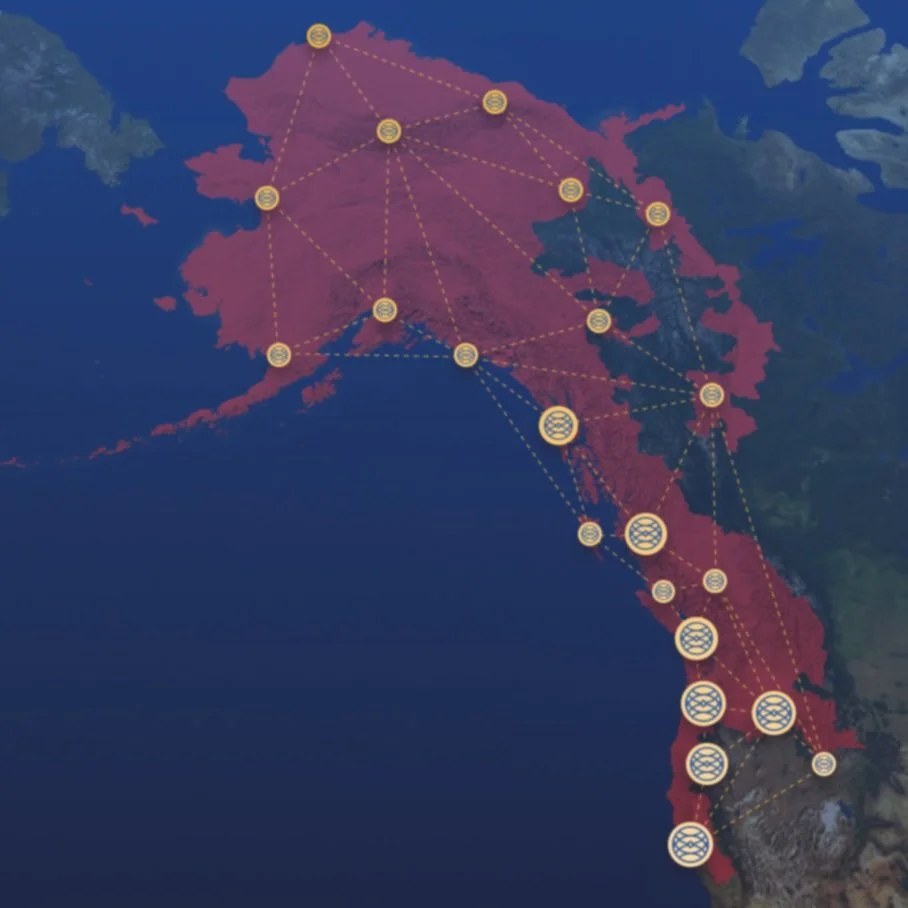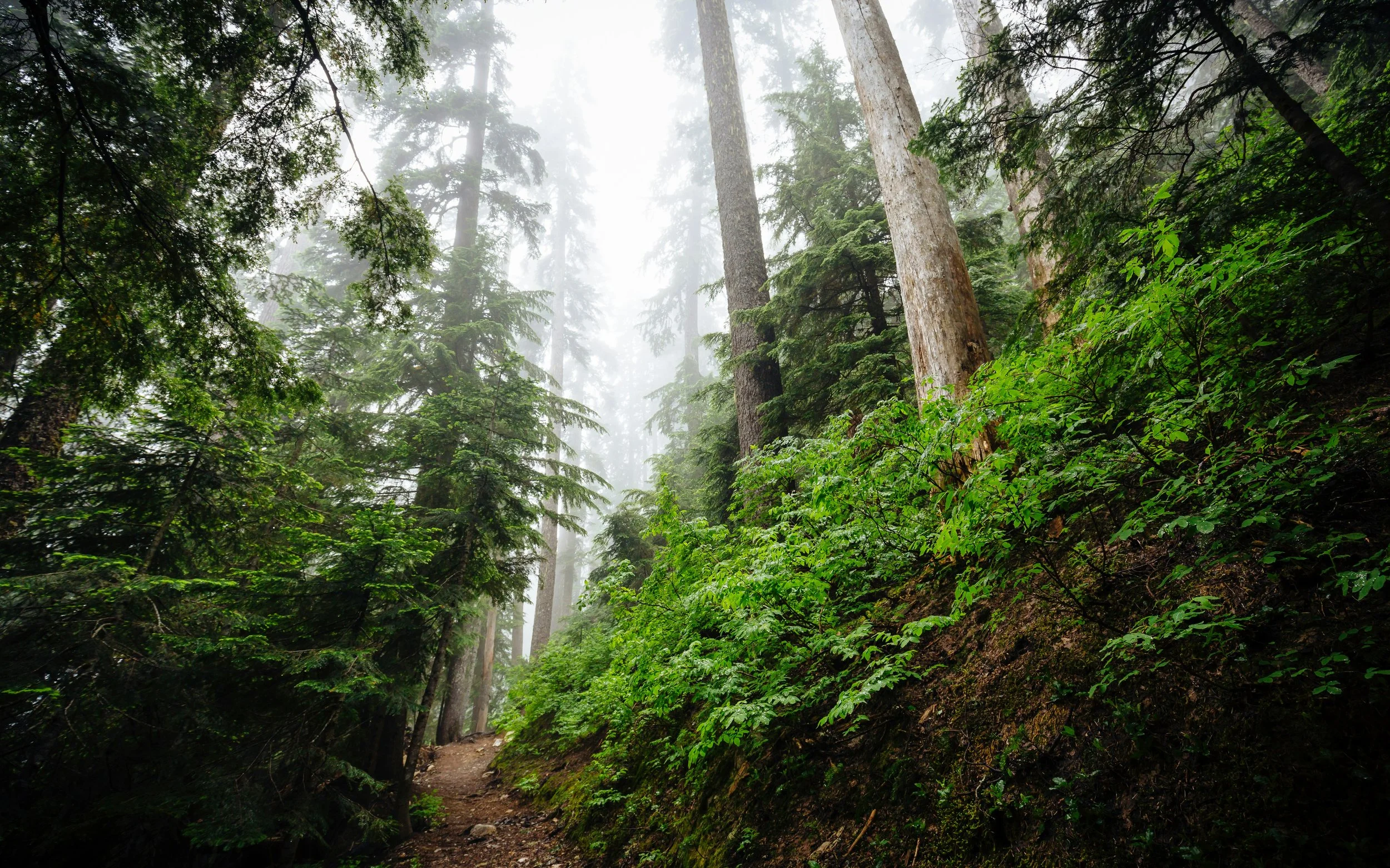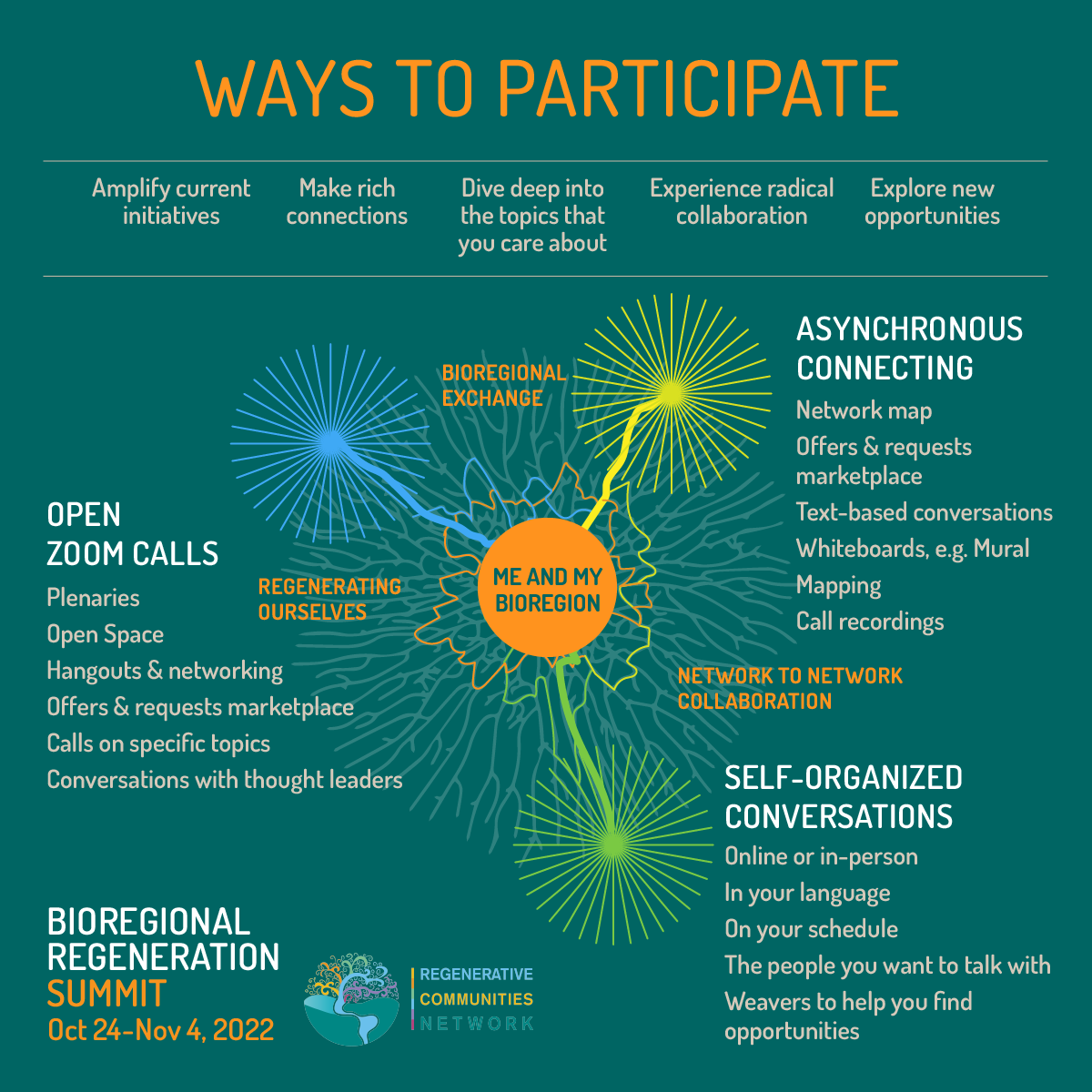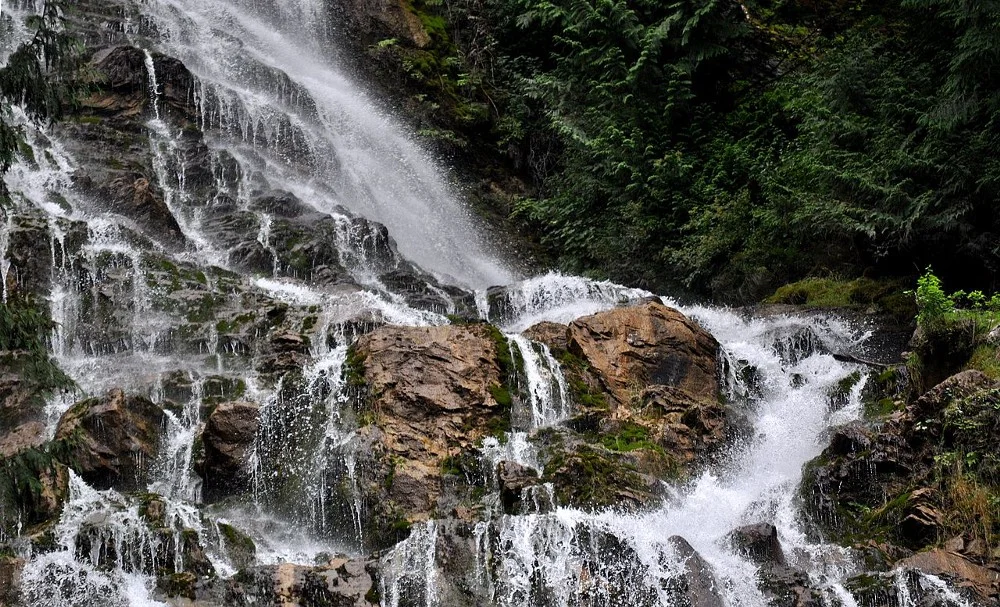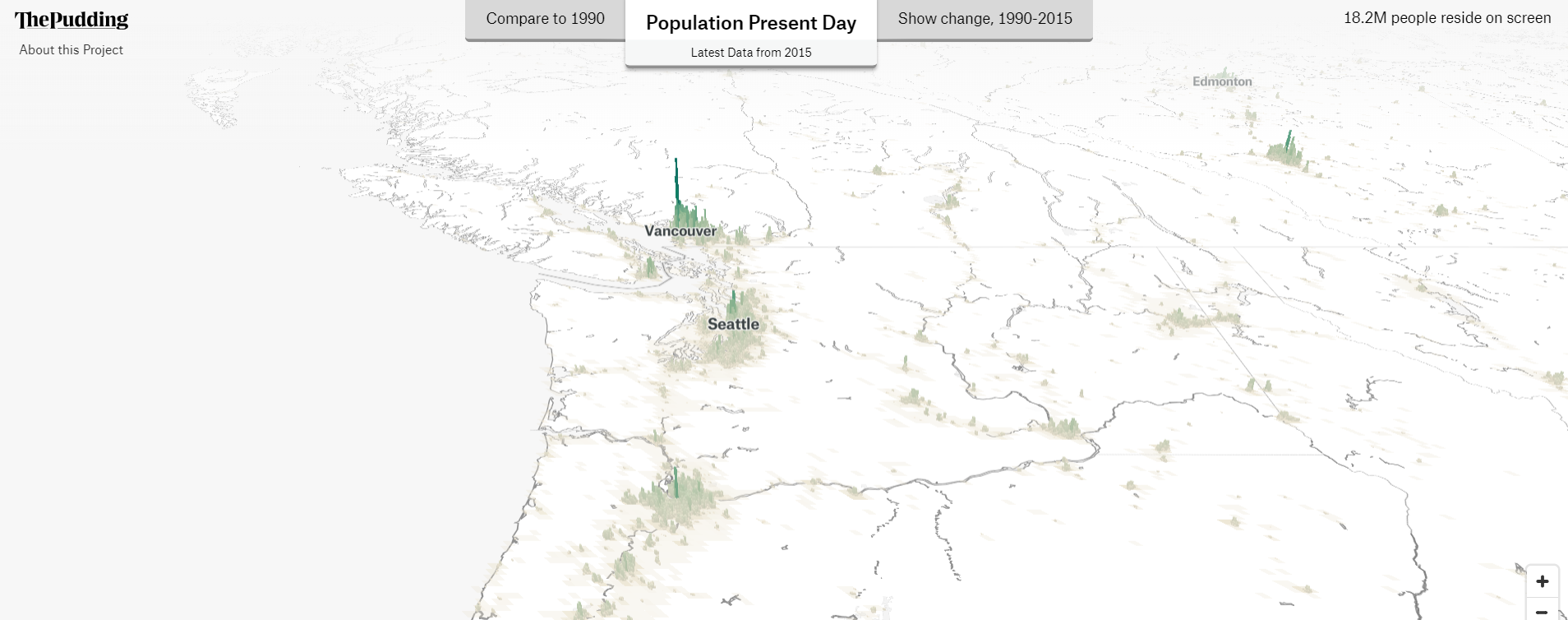Our executive director, Brandon Letsinger is excited to be one of the panelists for this event: Bioregioning - How to Thrive Where We Live: Tuesday, September 30 at 10am on Zoom along with Lyla June and Samantha Power, and hosted by Rob Dietz, Resilience.org and the post-carbon institute.
The Cascadia DOB is excited to present at this years Bioregional Regeneration Summit: Oct 24-Nov 4th 2022
It is the time for Bioregional Regeneration!
BIOREGIONAL REGENERATION SUMMIT
Oct 24- Nov 4, 2022
English & Español
Radical Collaboration between people and places.
Ways to share resources.
Peer to peer exchange of know-how and knowledge.
Regeneration of ourselves through a deep and authentic connection with Mother Earth.
REGISTER
The Cascadia Department of Bioregion will be excited to present “Why Bioregionalism Matters”. The time and day is still being confirmed, but stay tuned.
Why a Summit
In recent years, many networks, organizations, coalitions, and collaborations have emerged to support regeneration at a bioregional and “landscape” scale. We believe we are at a moment when there is a need for and widespread interest in possibilities for “radical collaboration” so that these diverse initiatives can begin to function as a global ecosystem--one that can navigate the complexity of working across scales, across the private, public, and grassroots domains, and across the many interconnected systems where regenerative work is being imagined and enacted. The Summit offers an open and flexible invitation for participants to explore four connected contexts for this radical collaboration: How global networks can support one another How bioregions can support one another How funding innovation can support bioregional scale regeneration How we can support our emotional, physical and spiritual resilience as individuals grappling with the existential threats of the climate crisis, biodiversity loss, economic and social injustice, political fragmentation, and other dimensions of Collapse.
How to join
This scale of working maps itself onto existing places and landscapes in order to provide a meaningful and effective infrastructure for human-scale organising. Bioregions are an age-old organising principle that is being upgraded for the present age by many experiments taking place across the world. Out of that ferment of activity are emerging initiatives for environmental, social and economic regeneration that are place-appropriate.
Registration
The Summit will happen in the Qiqochat platform. After registration you will receive an email with the access.
Agenda
The main agenda is a base to hold multiple conversations and connections. It can change during the event, go here often.
Donations
They are seeking an additional $15,000 to fully cover our time and expenses. Consider a donation of $25, $50, and $125.
Opportunity explorations
Invite people to engage throughout the Summit on a topic or activity you care about. Frame your exploration with background information, questions and/or activities, and a way to share outcomes. Your invitation will show up on the Summit network map where participants can indicate their interest and self-organize their engagement, with support from the Summit hosts and a team of “weavers.”
About the conveners
The Regenerative Communities Network is a global practitioner collaborative of bioregional networks along with individuals and organizations who share a commitment to place-based initiatives for environmental, social, and economic regeneration. Originally founded by the Capital Institute in 2018, the Network has been independent and managed by its members since the beginning of 2021. After a period of inwardly focused planning and organizing, this Summit represents the beginning of a new phase of outward-facing work in service to the broader movement of which RCN is a part, along with a plan to grow RCN’s membership and surface new possibilities for it to generate value for its network.
Your RCN hosts for this Summit are Melina Angel (Colombia Regenerativa); Isabel Carlisle (Bioregional Learning Centre UK) and Ben Roberts (Connecticut River Valley Bioregional Collaborative).
From the Archive: Bioregional Congress of Pacific Cascadia 1988
Join a Cascadia Work Group
We are excited to announce that we are creating several work groups from our Envision Cascadia Conference, and would love to invite you to join us. We had more than 150 people register for 8 different sessions that took place over 2 weeks in which people gathered to explore how we can best build the Cascadia movement, and we are very excited to keep this momentum going.
#Cascadia trending after #WestCoastPact announced by governors
After Washington, Oregon, and California governors announced the launch of a Western States Pact in the face of a federal government unwilling to act on COVID-19 relief, #Cascadia , #Calexit and #Secession quickly began trending on twitter and other social media platforms.
New fundraiser for Forests for Climate Resilience this Saturday in Portland, Oregon.
Join Forests for Climate Resilience and Forest Defenders for a gathering of #Forest Folk, Saturday in Portland, Oregon. The night will feature music, forest updates and movement news!
Organizing Bioregionally: By Daniel Christian Wahl
First Dept of Bioregion Flag Making Workshop hosted in Laurentia
The Cascadia Department of Bioregion is proud to announce the completion of our first bioregional flag design workshop held in New York City, in the Laurentia Bioregion of North America. It included with attendees from three different North American bioregions and focused on how bioregional flags differ from national flags, and the importance of symbols that represent place.
The Cascading Cascades of Cascadia - where does the name Cascadia come from?
Cascadia — the evocative name of a region, an idea, a movement — wild and free, defined by the waters flowing from the continental crest through the headwaters of the Pacific. Cascadia is a bioregion, the place we call home, an identity, movement and positive vision for the future. But where did this name actually come from?
The Practice of Bioregionalism: An Interview with Richard Evenoff
The Department of Bioregion is proud to share an interview between Evan O’Neil and Richard Evanoff, a professor of envrionmental ethics at Aoyama Gakuin University in Japan, who recently wrote the book Bioregionalism and Global Ethics as part of our archive of bioregionalism articles and resources. The interview originally appeared on Carnegie Council on August 3rd 2012.



